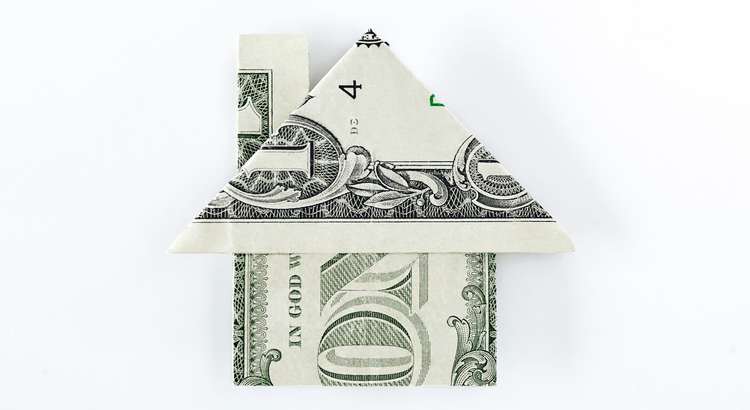
“Here’s some helpful information on what those costs are and how much you should budget for them.”
Before making the decision to buy a home, it’s important to plan for all the costs you’ll be responsible for. While you’re busy saving for the down payment, don’t forget you’ll want to prep for closing costs too.
Here’s some helpful information on what those costs are and how much you should budget for them.
What Are Closing Costs?
A recent article from Bankrate explains:
“Closing costs are the fees and expenses you must pay before becoming the legal owner of a house, condo or townhome . . . Closing costs vary depending on the purchase price of the home and how it’s being financed . . .”
Simply put, your closing costs are the additional fees and payments you have to make at closing. According to Freddie Mac, while they can vary by location and situation, closing costs typically include:
- Government recording costs
- Appraisal fees
- Credit report fees
- Lender origination fees
- Title services
- Tax service fees
- Survey fees
- Attorney fees
- Underwriting Fees
How Much Are Closing Costs?
According to the same Freddie Mac article mentioned above, they’re typically between 2% and 5% of the total purchase price of your home. With that in mind, here’s how you can get an idea of what you’ll need to budget.
Let’s say you find a home you want to purchase at today’s median price of $384,500. Based on the 2-5% Freddie Mac estimate, your closing fees could be between roughly $7,690 and $19,225.
But keep in mind, if you’re in the market for a home above or below this price range, your closing costs will be higher or lower.
Make Sure You’re Prepared To Close
Freddie Mac provides great advice for homebuyers, saying:
“As you start your homebuying journey, take the time to get a sense of all costs involved – from your down payment to closing costs.”
The best way to do that is by partnering with a team of trusted real estate professionals. That gives you a group of experts to help you understand how much you’ll need to save and what you’ll want to be prepped for. It also means you have go-to resources for any questions that pop up along the way.
Bottom Line
Planning for the fees and payments you’ll need to cover when you’re closing on your home is important. Partnering with a local real estate professional can give you the guidance and confidence you need throughout the process.
To view original article, visit Keeping Current Matters.
Why More People Are Buying Multi-Generational Homes Today
According to the latest data from NAR, cost savings are the main reason more people are choosing to live with family today.
When Is the Perfect Time To Move?
No matter when you buy, there’s always some benefit and some sort of trade-off – and that’s not a bad thing.
That’s just the reality of it.
One Homebuying Step You Don’t Want To Skip: Pre-Approval
A preapproval means you’ve cleared the hurdles necessary to be approved for a mortgage up to a certain dollar amount.
The Truth About Credit Scores and Buying a Home
You don’t need perfect credit to buy a home, but your score can have an impact on your loan options and the terms you’re able to get.
What To Save for When Buying a Home
Planning ahead and understanding the costs you may encounter upfront can make buying a home less intimidating and allow you to take control of the process.
Expert Forecasts for the 2025 Housing Market
If you want to find out what’s happening where you live, you need to lean on an agent who can explain the latest trends.







.jpg )



